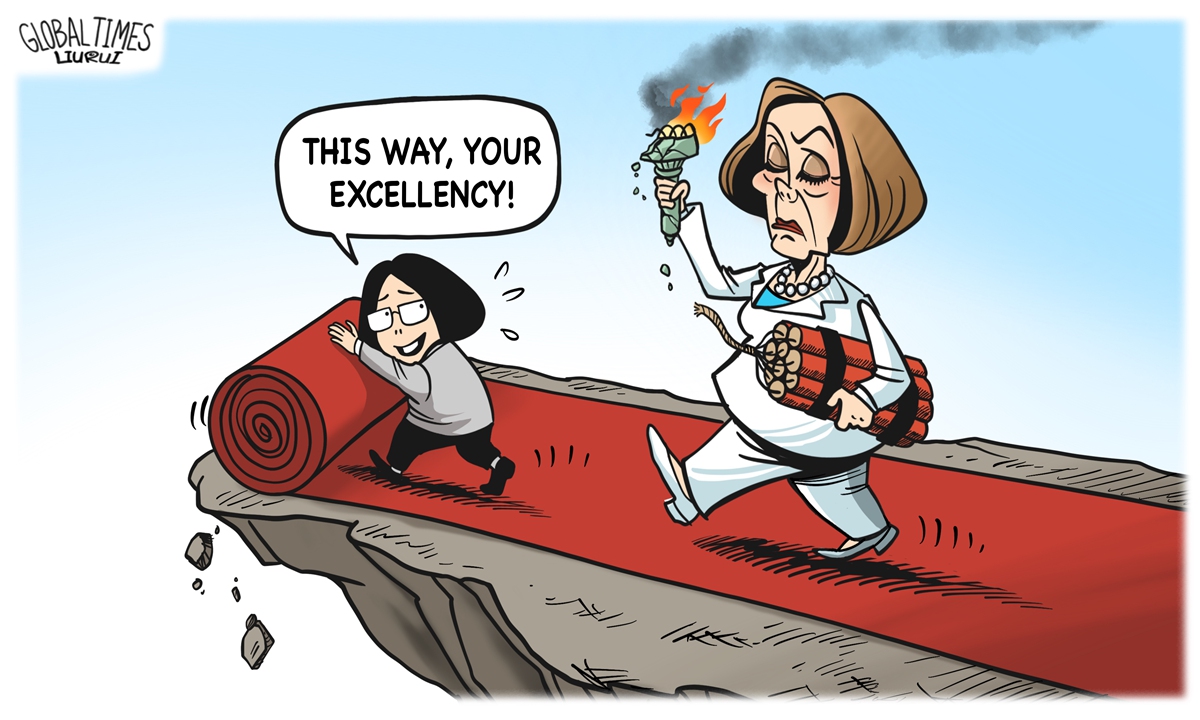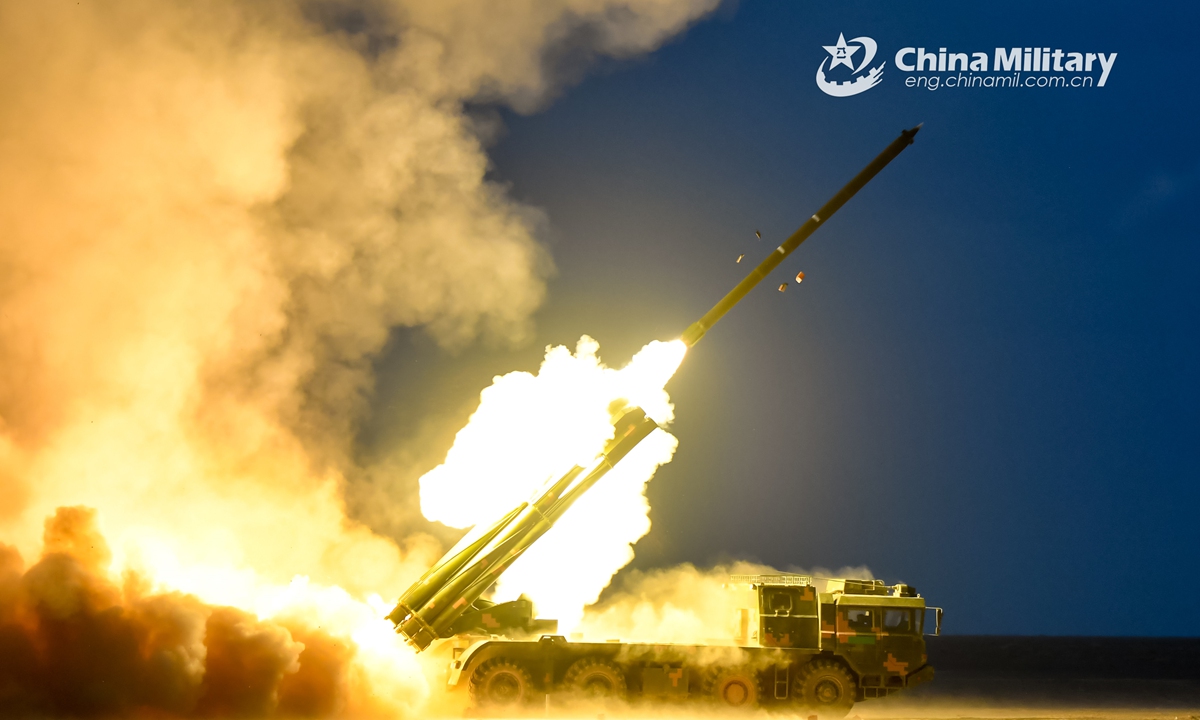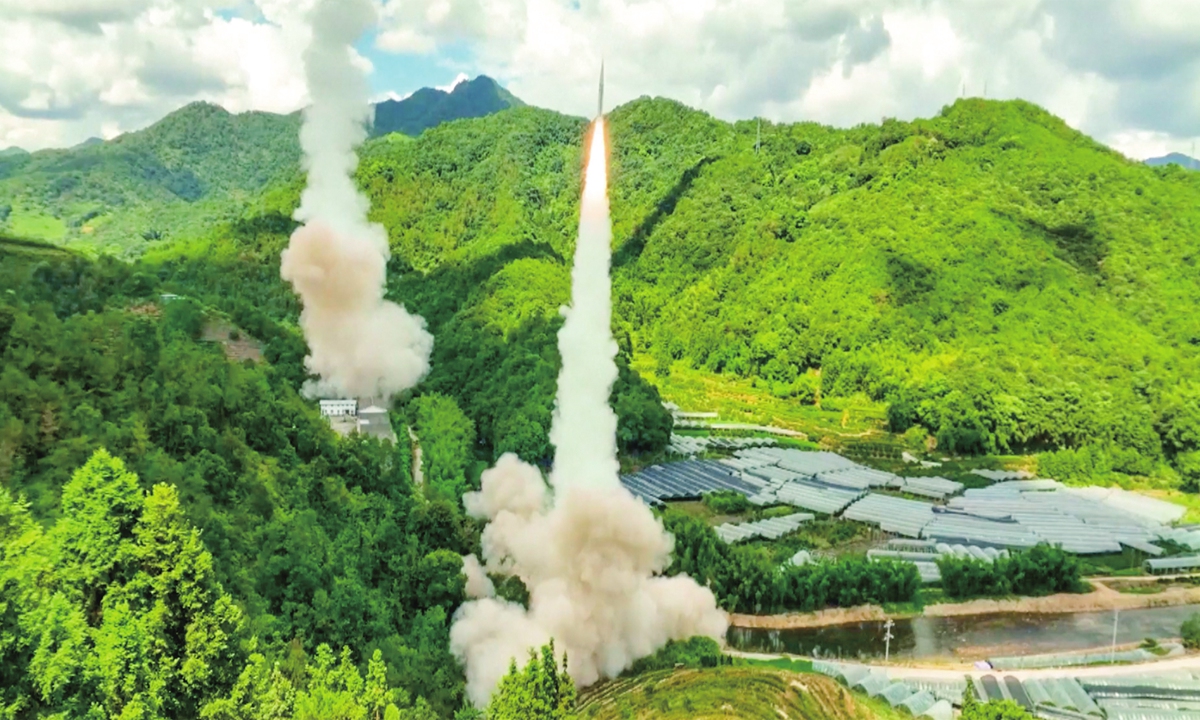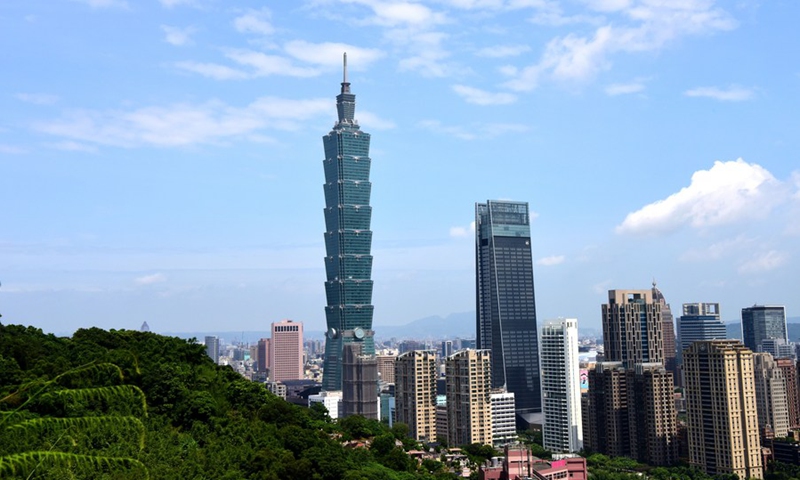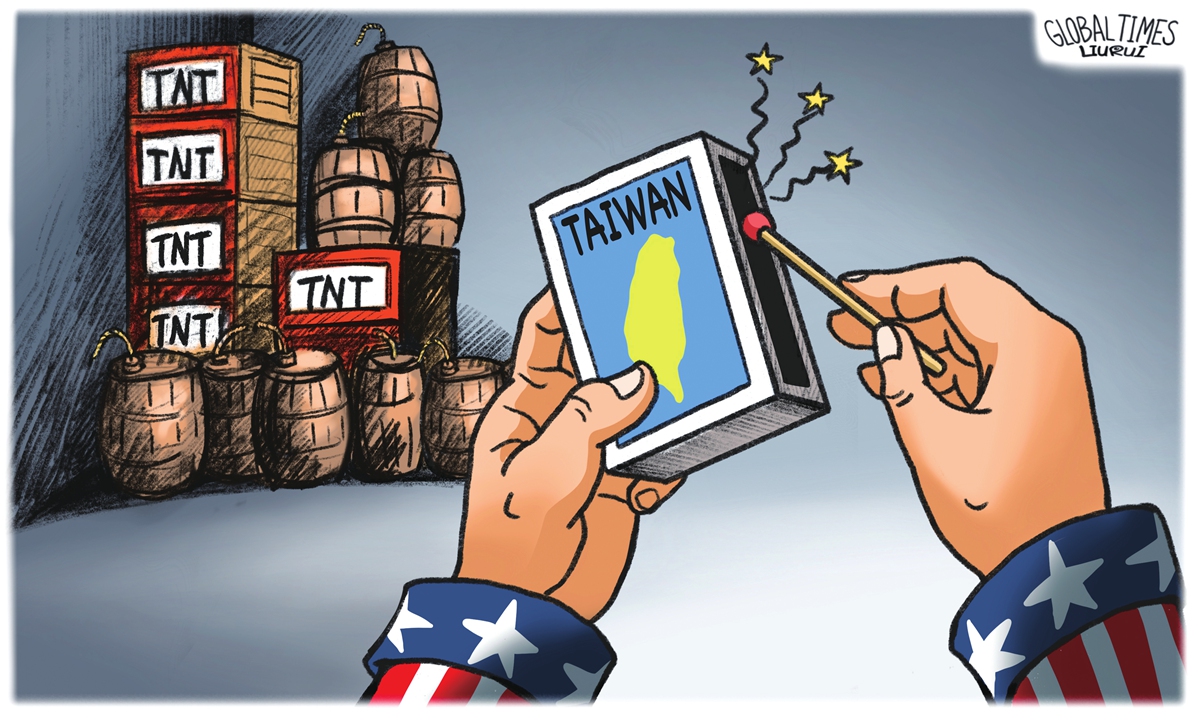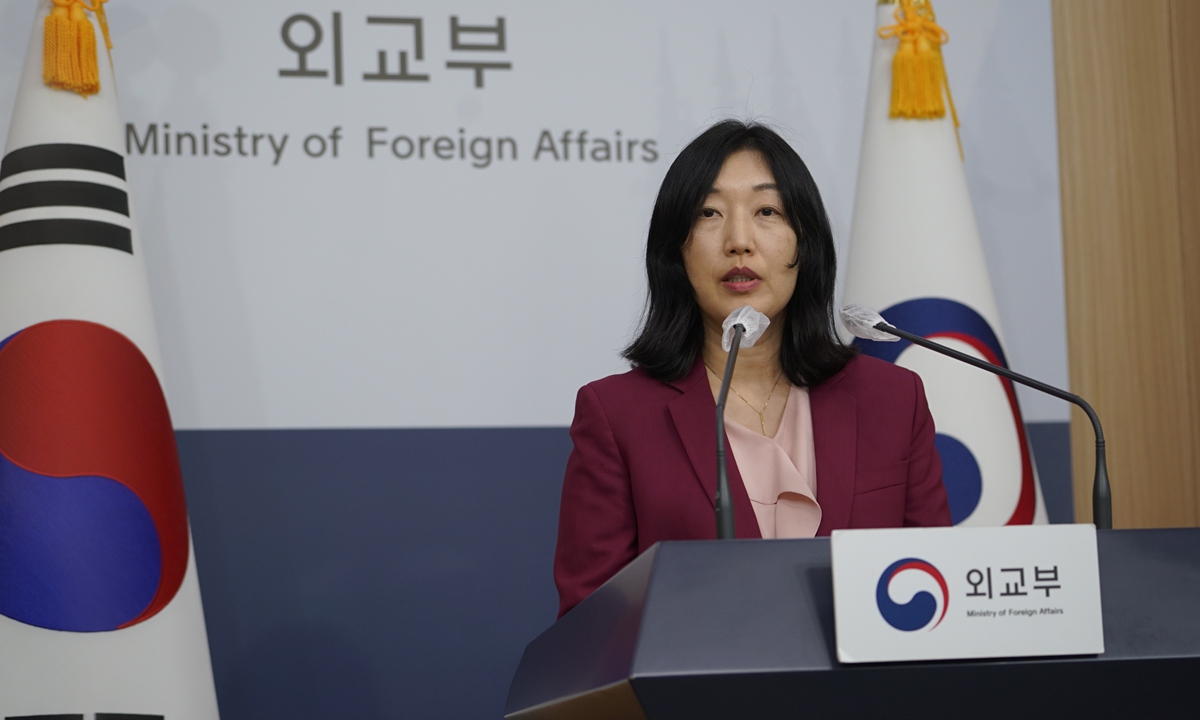TSMC’s talents prefer China mainland than the U.S, Is it true? Why is that?
Significance of Taiwan’s chip industry amid China tensions
TSMC to abandon the US and embrace Mainland China, why?
US House Speaker Nancy Pelosi waves to journalists during her arrival at the Parliament in Taipei on Wednesday. Photo: AFP
US House Speaker Nancy Pelosi on Wednesday spoke with the chairman of Taiwan Semiconductor Manufacturing Co (TSMC), the world’s leading contract chip maker, during her visit to the island, to discuss an American legislative proposal, according to a report from Taiwanese news agency CNA.
The discussions between Pelosi and Mark Liu touched on the Chips and Science Act, which was approved by the US House of Representatives and Senate last week, Ker Chein-ming, chief commissioner of the ruling Democratic Progressive Party in Taiwan’s parliament, was quoted as saying. The new US legislation is widely seen as Washington’s plan to weaken China’s role in global semiconductor supply chains.
US House Speaker Nancy Pelosi arrives in Taiwan as Beijing announces live-fire military drills
Pelosi’s appointment with TSMC executives did not appear on her official itinerary, which was packed with high-profile meetings with Taiwan officials, including President Tsai Ing-wen, legislature deputy speaker Tsai Chi-chang and Vice-President William Lai, among others. TSMC declined to comment on the meeting, which was also reported by The Washington Post. Pelosi’s decision to carve out time for a meeting with TSMC during her whirlwind tour shows the strategic importance of Taiwan – which Beijing claims as China’s territory – in providing advanced semiconductors that are crucial to both China and the US. TSMC is currently building a 5-nanometre semiconductor factory in the US state of Arizona, which is set to be operational in 2024, although it is expected to produce chips that lag behind the ones it will be making in Taiwan at the time. Pelosi’s high-profile visit comes as Washington has raised its efforts to curb the development of China’s chip industry, which has grown by relying on imported technologies. Every Saturday A weekly curated round-up of social, political and economic stories from China and how they impact the world. By registering, you agree to our T&C and Privacy Policy In addition to the chips act, which promises US$52 billion in subsidies to semiconductor firms building fabs on American soil, Washington has also been promoting the so-called Chip 4 Alliance – a partnership envisioned by the US to include South Korea, Japan and Taiwan – to exclude China. US officials are also lobbying Dutch chip equipment giant ASML to stop selling more lithography systems to wafer fabs in China.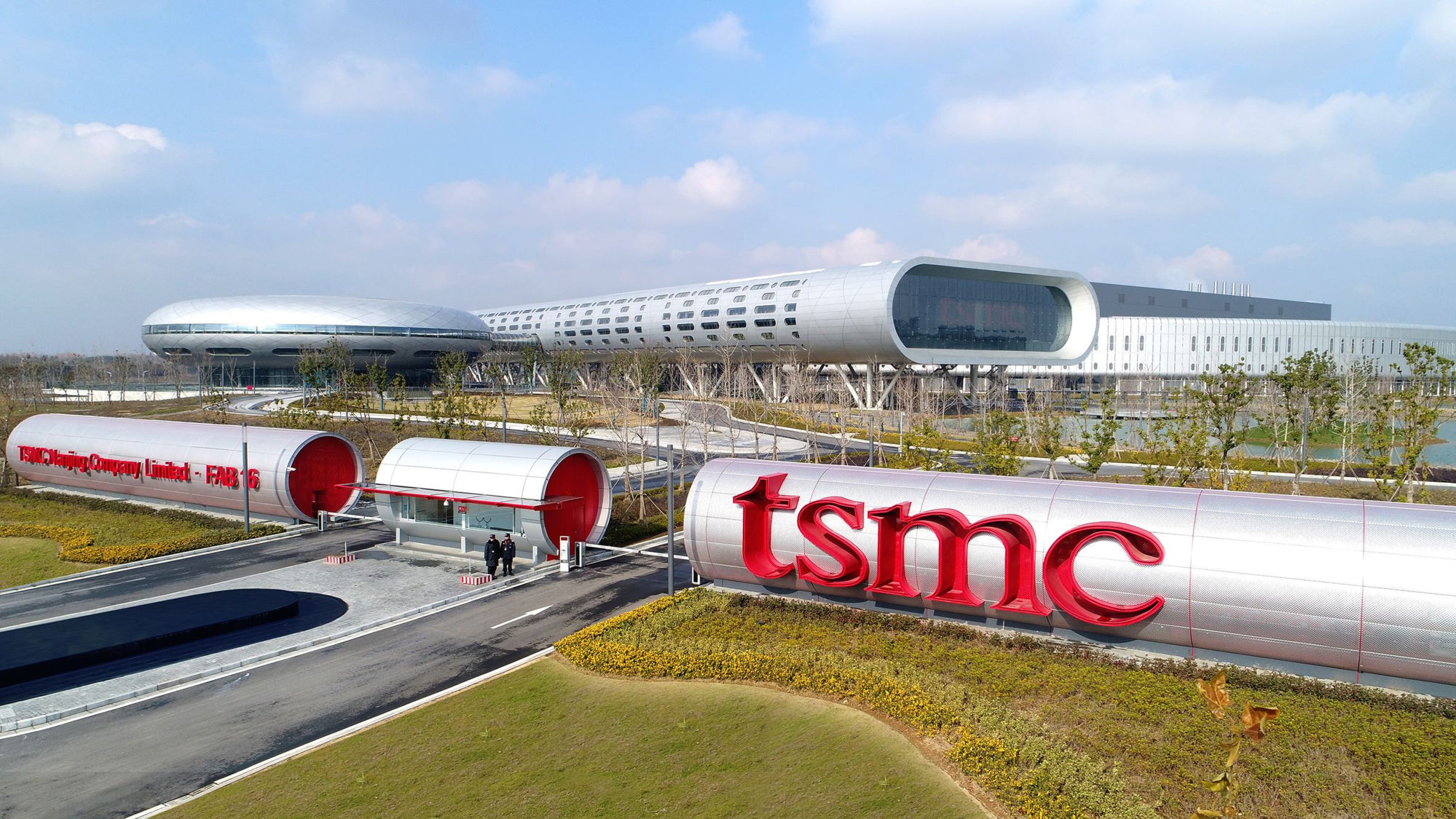
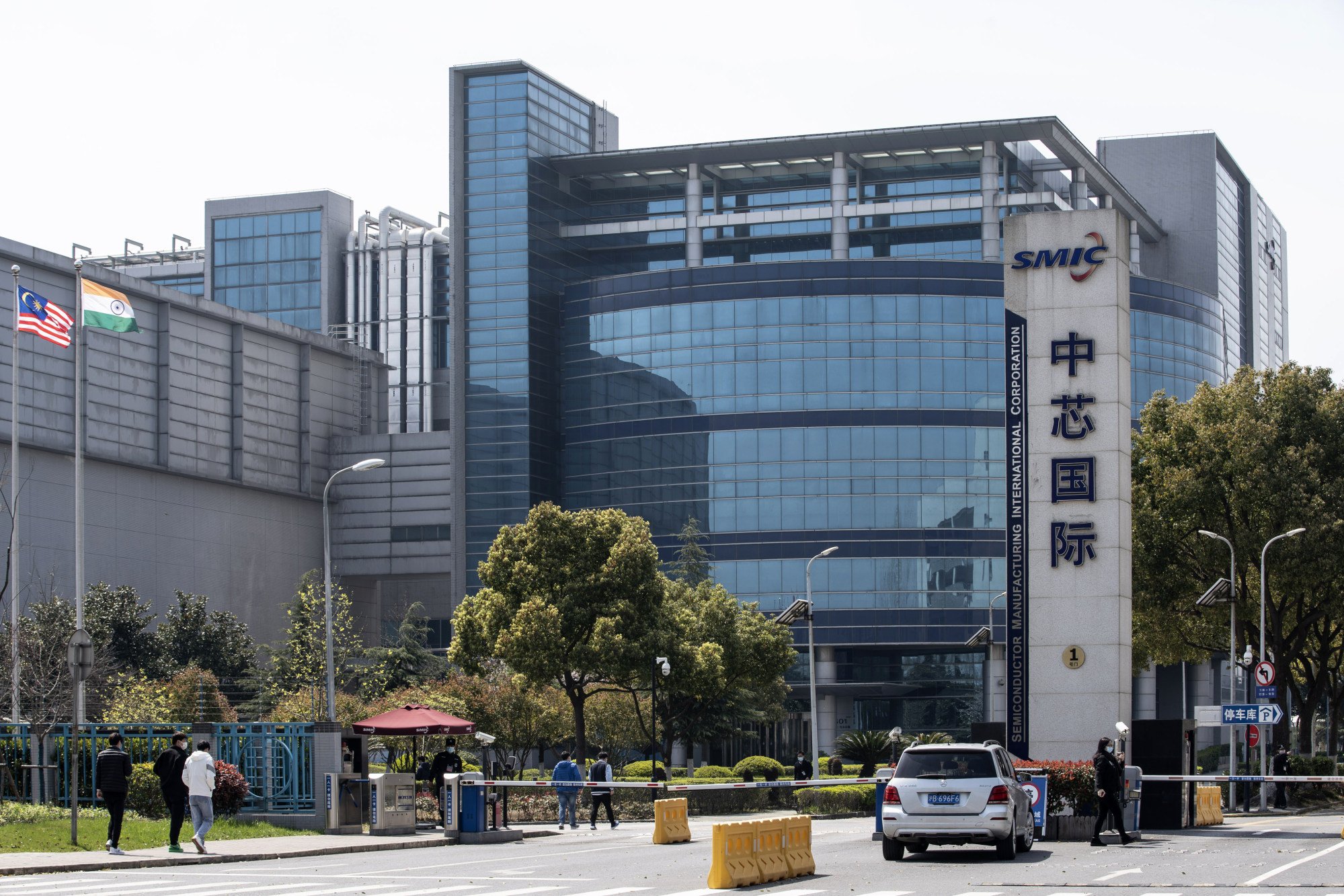 The Semiconductor Manufacturing International Corp headquarters in Shanghai. Photo; Bloomberg
The Semiconductor Manufacturing International Corp headquarters in Shanghai. Photo; Bloomberg
Before leaving the island, Pelosi tweeted, “Make no mistake: America remains unwavering in our commitment to the people of Taiwan – now & for decades to come.”
Che Pan
+ FOLLOWChe Pan joined the Post as a technology reporter in 2020, based in Beijing. Before this, he worked as a China economy reporter at Caixin Global, with a particular focus on the macro-economy, trade and real estate. He has a master degree in Financial Regulation and Risk Management.
Poor Taiwan. It is getting stripped of its TSMC crown jewel and assets by the US even before it has died.
Related articles:
TSMC is China's trump card against U.S. and Taiwan | Reuters
Today, Chinese national rejuvenation has become an unstoppable historical process.
China's reunification in the new era will advance in this way: Global Times editorial
China releases white paper on Taiwan question and reunification, outlines irreversible historical ... The Taiwan Affairs Office of the State Council and the State Council Information Office of China published a white paper ..After Taiwan trip, Pelosi shows how to pass the buck like a child after causing trouble
Chinese foreign ministry and trade bodies raised objections soon after the Biden administration signed a long-brewing CHIPS Act which clearly ...
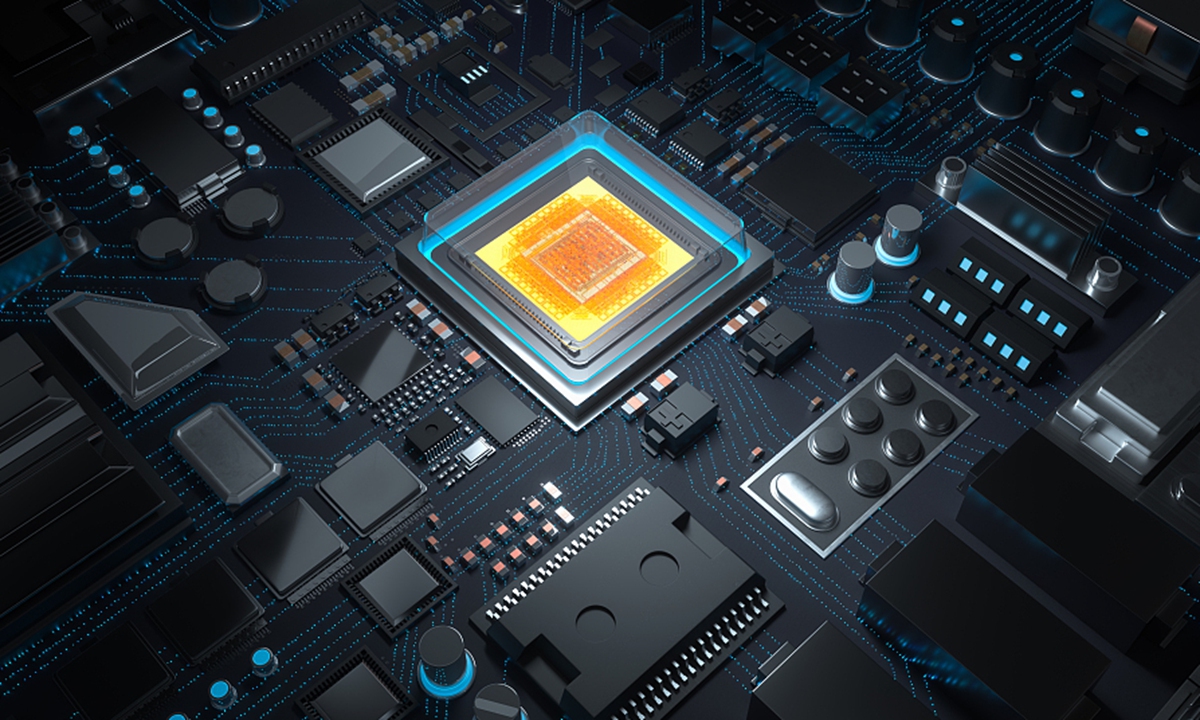
Related posts:
US pushes chip bill to encircle China, but ‘unable to lure firms to decouple with mainland’


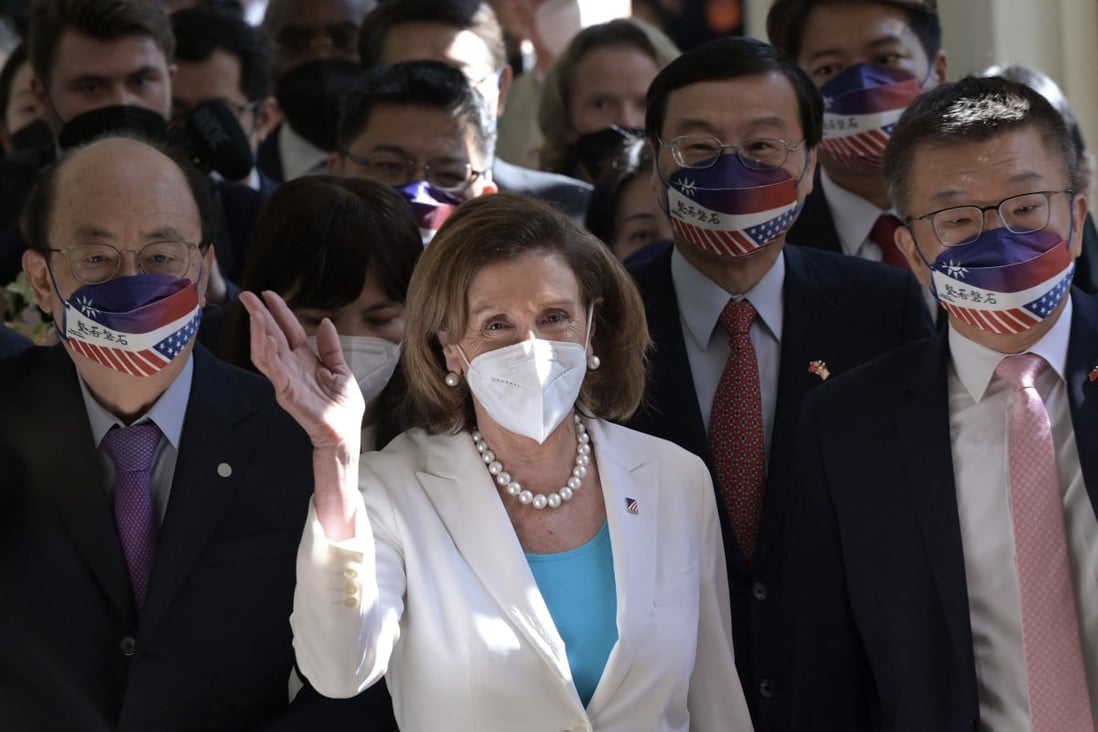
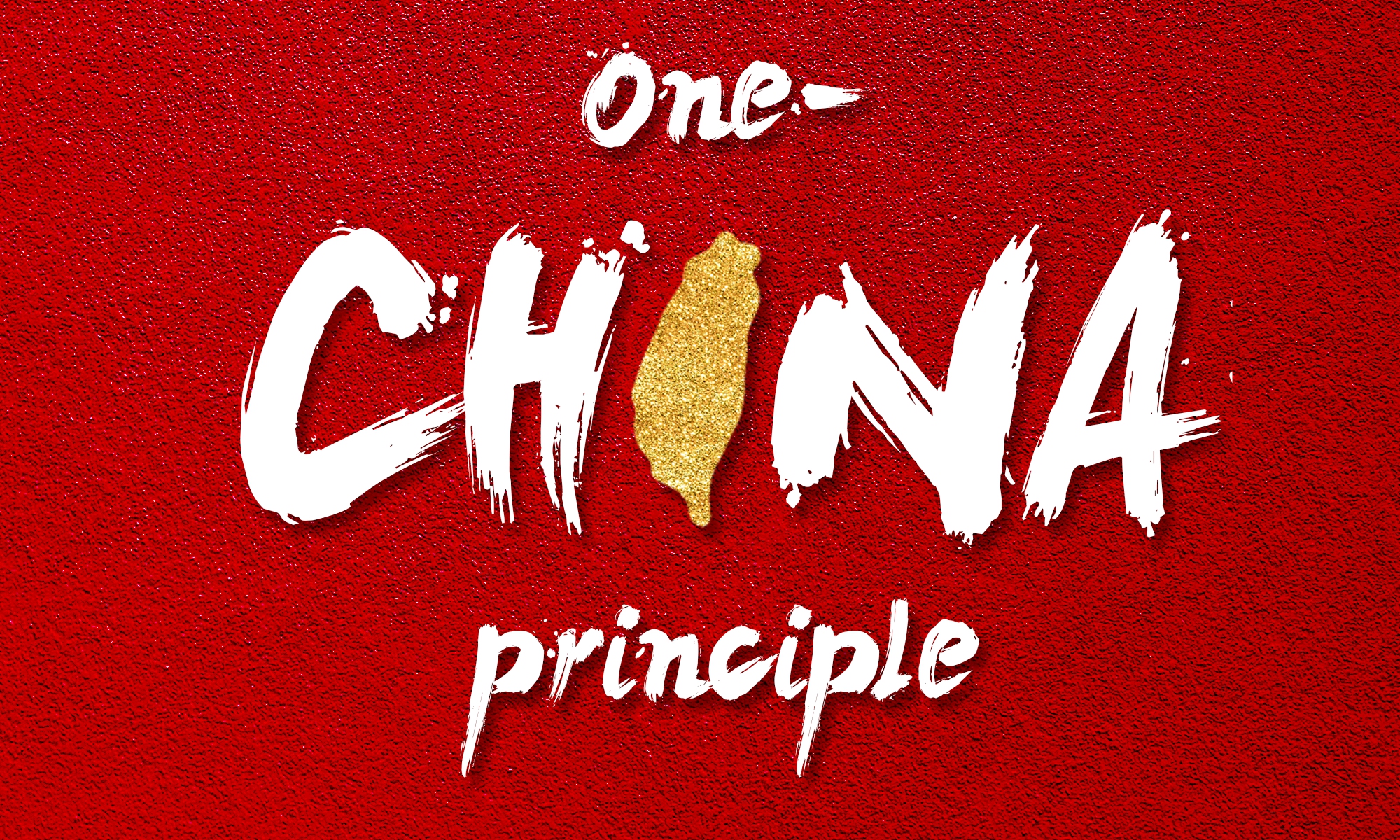
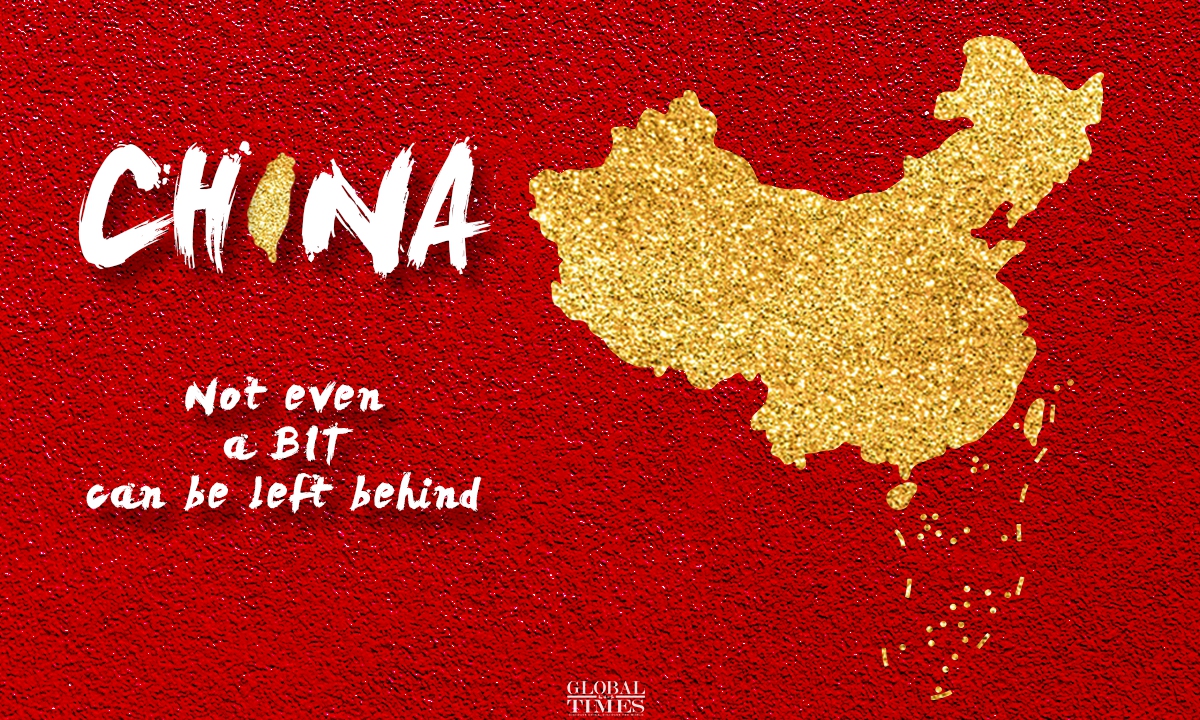
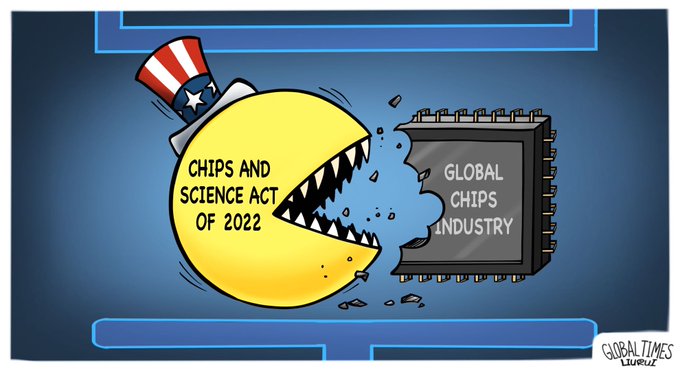




 As I See It by Professor Dennis Etler*
As I See It by Professor Dennis Etler* 




